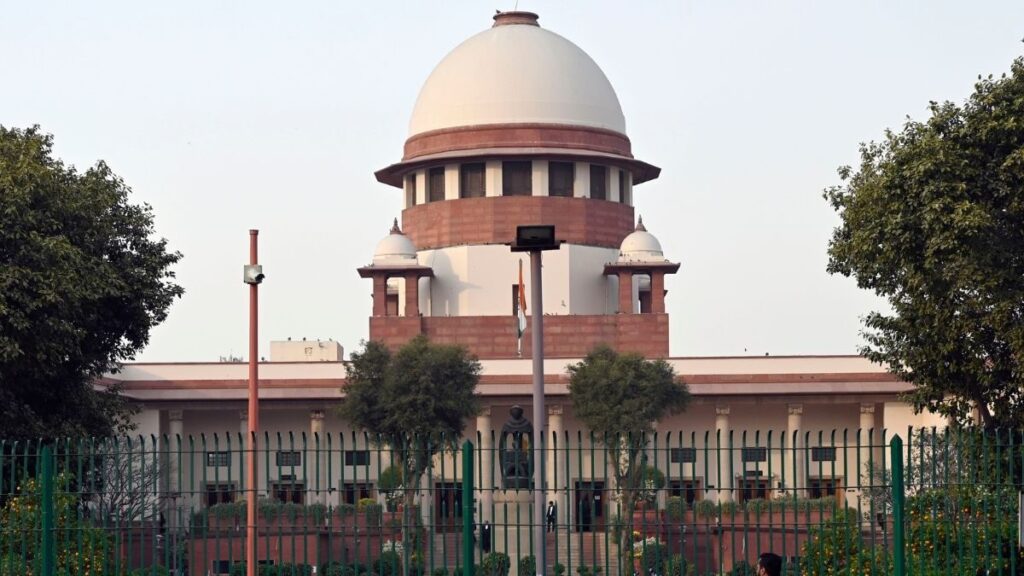A Supreme Court bench, led by Chief Justice of India DY Chandrachud, has issued a stern reprimand to the West Bengal government and law enforcement authorities over significant delays in filing a First Information Report (FIR) concerning the brutal rape and murder of a Kolkata doctor. This recent judicial intervention underscores mounting frustrations with the handling of high-profile criminal cases in the state.
The case in question involves Dr. Aditi Sengupta, a 32-year-old physician who was found dead in her Kolkata residence under distressing circumstances. Dr. Sengupta, a respected figure in the medical community, was reported missing on August 10. Her body was discovered three days later, and preliminary forensic reports indicated signs of both sexual assault and violent trauma.
The delay in initiating the FIR, which was reportedly filed more than a week after the discovery of Dr. Sengupta’s body, has been a point of contention. Critics argue that such delays could compromise evidence and hinder the investigation’s progress. The Supreme Court’s intervention came after several petitions highlighting procedural lapses and alleged negligence by the local police and administrative officials.
During the court proceedings, Chief Justice Chandrachud expressed serious concerns over the apparent inefficiency in the handling of the case. The bench criticized the West Bengal government for its lack of prompt action and demanded a detailed explanation for the delays. The court’s dissatisfaction reflects broader issues of accountability and responsiveness within the state’s law enforcement agencies.
The West Bengal Police, under scrutiny, have defended their actions, attributing the delay to procedural and logistical challenges. They emphasize that a thorough investigation is ongoing, and all necessary measures are being taken to ensure justice. However, the Supreme Court’s criticism signals a need for a reassessment of procedural protocols to prevent similar delays in future high-profile cases.
The case has also drawn significant public and media attention, with widespread calls for justice for Dr. Sengupta. Activists and advocacy groups have criticized the perceived lack of urgency and transparency from the authorities. The Supreme Court’s involvement highlights the growing concerns about the efficiency of criminal justice processes in high-stakes cases.
As the investigation continues, the West Bengal government faces increasing pressure to demonstrate progress and accountability. The court’s remarks underscore the critical importance of timely action in serious criminal cases, particularly those involving violent crimes.
The case of Dr. Sengupta serves as a significant example of the broader challenges facing law enforcement and judicial systems in India. It highlights the crucial role of prompt and efficient procedural responses in ensuring justice for victims of severe crimes. The Supreme Court’s oversight in this matter is a reminder of the judiciary’s role in upholding the rule of law and ensuring that justice is served without undue delays.




 Centre Revises Lateral Entry Policy Following Political Backlash
Centre Revises Lateral Entry Policy Following Political Backlash 